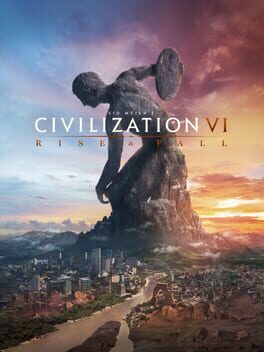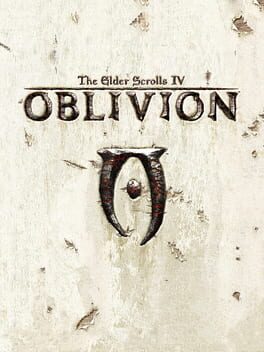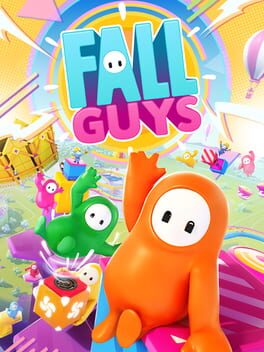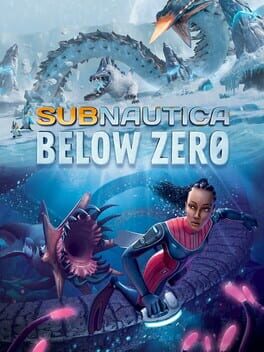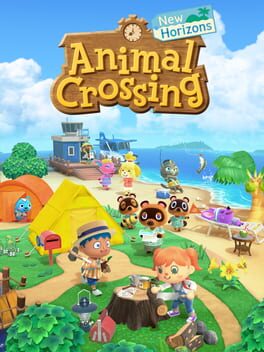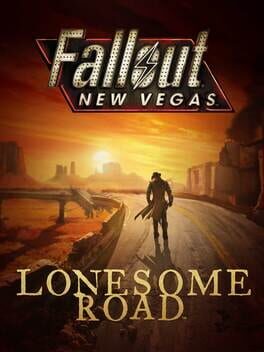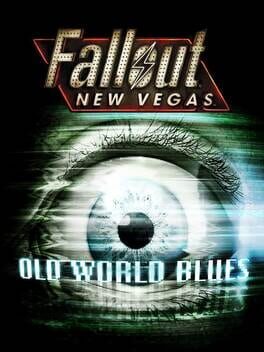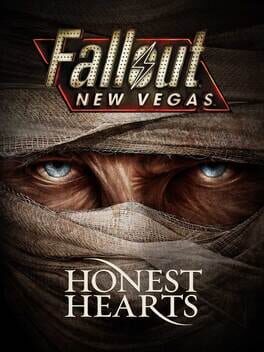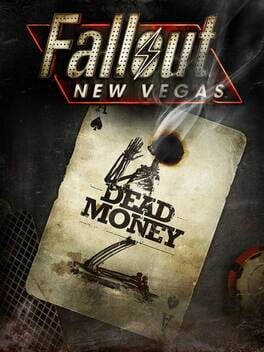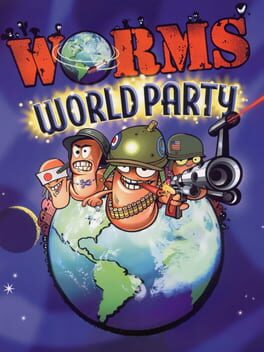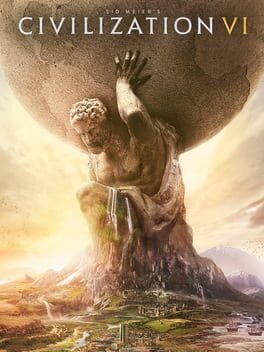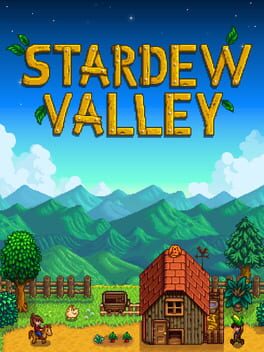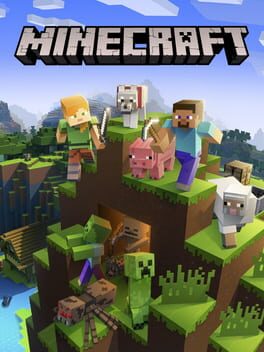Gurn
2022
Though the features added in Rise and Fall are hit and miss, I would not go back to playing without it. The positives outweigh my grumbles: the loyalty mechanic brings welcome depth to city placement and livens up your borders; achieving historic moments feels great and so does being able to review your civ's history; and overall there's a lot more of what was already in the base game (new playable civilizations, new wonders, etc.) which together bring variety and longevity to the experience.
But while we're here, I have two grumbles and they're both to do with the Great Ages mechanic:
1) It was much more fun in base game when the big "you have entered the renaissance era" (or whatever) moment was triggered by you researching a renaissance era technology. The new system—wherein you are pre-warned that "the world will enter the renaissance era" (or whatever) in X amount of turns, and then it just happens—feels passive and thus dissatisfying.
2) Because the points that you earn towards achieving a Golden Age do not carry over into the next era, players who have already met the threshold for a Golden Age are encouraged to make odd decisions and avoid triggering Heroic Moments in order to score the points later. It's a level of micromanagement that feels narratively incongruous.
But while we're here, I have two grumbles and they're both to do with the Great Ages mechanic:
1) It was much more fun in base game when the big "you have entered the renaissance era" (or whatever) moment was triggered by you researching a renaissance era technology. The new system—wherein you are pre-warned that "the world will enter the renaissance era" (or whatever) in X amount of turns, and then it just happens—feels passive and thus dissatisfying.
2) Because the points that you earn towards achieving a Golden Age do not carry over into the next era, players who have already met the threshold for a Golden Age are encouraged to make odd decisions and avoid triggering Heroic Moments in order to score the points later. It's a level of micromanagement that feels narratively incongruous.
A game bursting with groundbreaking technology and interesting ideas, all of which are implemented so poorly as to seem quaint with hindsight. To be frank, there are many things that this fourth Elder Scrolls game does not do very well—and I find it a disappointing RPG when compared to its predecessor, Morrowind. Nevertheless, Oblivion is fascinating to revisit having played later Bethesda games; it is, after all, the successful manifesto that their subsequent releases built upon.
2020
Very similar to the first game, for better or worse. The original Subnautica was excellent, so, there's a lot to enjoy here. However, Below Zero's new features and story were not enough to sustain my interest all the way to completion, and it is disappointing to see that various UI foibles and graphical glitches are ported over wholesale. I conclude that the first game is the one to play, whereas this one is for enthusiasts.
I am fond of the Animal Crossing series for providing a gentle—though ultimately repetitious—timesink to be enjoyed once per demi-decade, and New Horizons delivered this in spades at a very welcome time. It's not a particularly innovative sequel (if anything it's lost a smidgeon of the soul found in prior games) but this release has plenty of polish and is probably the best of what the series has to offer.
Enjoyable enough as a boss run—a fun, linear challenge with some cool environments for high-level characters to blast through—and the fact that you can leave and come back to it whenever you want (unlike other DLC) stops it from becoming a slog. Ulysses' verbiage is unfortunately a bit tiresome (bear, bull, bear, bull—we get it, this isn't clever) but the stuff with ED-E is cute.
This one doesn't do it for me, sadly. I find the quests repetitive and the Big MT bland to explore. There's a lot of funny (your mileage may vary) dialogue but the whole thing is hellishly goofy to a point that I consider it a disservice to the base game's tone. I tend not to include Old World Blues in my playthroughs unless I'm gagging for the +2 STR you get for having your spine replaced.
A beautiful new overworld and some fun loot just about make up for this DLC's surprising lack of depth. Honest Hearts is, essentially, a few fetch quests ending in a binary choice. It's fine. Pretty good, actually. It doesn't ask many interesting decisions of your character, but it's got some cool places to explore and some great environmental storytelling. I particularly enjoyed piecing together Randall Clark's journal entries scattered throughout Zion, which make for teary-eyed reading.
It's got a real oppressive atmosphere, and once you've started it there's no way out but through. I suspect it's for these reasons that Dead Money gets a bad rap, but I think it's one of the stronger of New Vegas' DLC offerings. It's got an interesting cast of characters, asks some tough decisions of the player, and has a poignant thematic throughline.
2010
An exemplar CRPG. I've played it through several times and each time felt that I was given the tools and the freedom to express a vastly different character. The story prompts many compelling moments of decision making and builds upon the ideas of prior Fallout games in interesting ways. This is an all-time favourite that I regularly come back to.
2001
After a lot of time playing this game I have developed my frustrations with its design: how the rigid victory conditions and tile adjacency mechanic disincentivize creativity in favour of optimal play; how trade and diplomacy are dissatisfying against AI opponents, yet the game is fundamentally ill-suited to multiplayer (it's just too long, and "online speed" games don't feel right!); and how the endgame often plays out as "I know I've probably won, I just have to sit through another fifty turns before it can happen". However, these are the niggles of somebody who has enjoyed several hundred hours of Civilization VI (inc. a few Deity wins) and counts the experience among his favourites. This is an excellent and approachable grand strategy title good for losing entire days to.
2016
2011
It's an odd beast: a game slapped together by one guy—essentially a sandbox with whatever features he felt like adding each week—then bought out and built upon by a world-class team of developers, ultimately becoming something with a greater sense of design intent and commercial appeal, but with the rough indie heart still pumping blood through its body. Minecraft is a mess but there's nothing quite like it.

